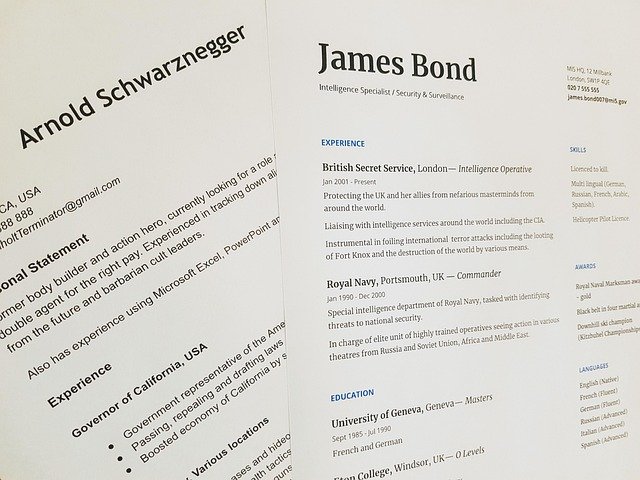Real Estate Agent Training: Education and Career Pathways
Becoming a real estate agent combines formal education, practical training, and ongoing professional development. Whether you are starting a new career or transitioning within the property sector, understanding the education requirements, licensing steps, and local training options—including those specific to the Netherlands—helps you plan a professional pathway with realistic expectations and actionable steps.

What education is required for real estate agents?
Most jurisdictions expect a baseline of secondary education and completion of specific real estate courses before licensing. These programs cover property law, contracts, ethics, finance, and valuation. Many learners pursue vocational certificates, associate degrees, or university modules that focus on property studies. Formal education establishes foundational knowledge and demonstrates competence to employers and clients, but it is typically paired with licensing exams and supervised practice to complete the transition into a working agent.
Real estate education formats vary: classroom-based classes, evening courses, and online programs. When choosing a course, look for content aligned to local regulations and exam syllabi, clear learning outcomes, and opportunities to practice case studies or mock transactions. Accredited providers and industry-recognized syllabi are particularly useful for a career-oriented start.
How does training prepare you for a real estate career?
Training bridges theory and the practical skills used daily in real estate. Key training topics include property marketing, client communication, negotiation, digital tools for listings, and the logistics of completing transactions. Role-playing, mentorships, and shadowing experienced agents help to build confidence in client-facing activities and problem solving.
Soft skills training—customer service, time management, and ethical decision-making—are as important as technical knowledge. Many training programs integrate simulated listings, CRM practice, and digital marketing modules that teach how to attract and manage clients. Practical on-the-job training often results in faster learning curves and better preparedness to handle the variety of situations encountered in an agent’s career.
What certification and licensing applies in the Netherlands?
In the Netherlands, real estate professionals often follow national regulations and industry standards that emphasize transparency and consumer protection. Certification paths may include vocational diplomas (mbo), higher professional education (hbo) modules in real estate management, and membership in trade organizations that require adherence to codes of conduct.
Prospective agents should verify local registration requirements and whether additional qualifications—such as specialized training for buying, selling, or rental management—are needed. Employers and clients in the Netherlands may also look for evidence of continued education or membership in recognized industry bodies. Understanding regulatory requirements in your specific municipality or province is important before offering services in your area.
Where to find practical training and local services?
Practical training is available from vocational schools, dedicated real estate academies, professional associations, and commercial training providers. Local services such as mentorship programs, internship placements, and workshops often run through city chambers of commerce or industry groups. Many agencies also offer in-house training for new hires, combining shadowing with structured modules.
When evaluating local options, compare course content, credentials of instructors, opportunities for hands-on practice, and links to local employers. Look for training that includes updates on local market conditions and legal changes—this is particularly relevant when moving between regions or when working across borders, such as between EU countries and the Netherlands. Local services that provide practical listings experience or support with licensing applications are especially valuable.
How to build ongoing skills and career growth?
A real estate career benefits from continuous education and strategic skill development. After initial licensing, consider specialization in areas such as commercial property, residential sales, property management, or valuation. Ongoing training might include advanced negotiation, digital marketing, sustainability in buildings, or legal updates pertinent to property transactions.
Networking, regular attendance at industry seminars, and maintaining membership in professional associations support both credibility and market knowledge. Tracking metrics—like average days on market, listing-to-sale ratios, and client satisfaction—helps identify skill gaps. For long-term career progression, combine targeted education with practical milestones such as leading complex transactions, managing a team, or obtaining advanced professional certifications.
Conclusion
Real estate agent training combines formal education, targeted training, and practical experience to build a reliable career foundation. Understanding the educational requirements, how training prepares you for client-facing work, local licensing such as those in the Netherlands, and where to access practical training and services will help you make informed decisions. Ongoing learning and specialization sustain career growth and adapt skills to changing markets and regulations.






